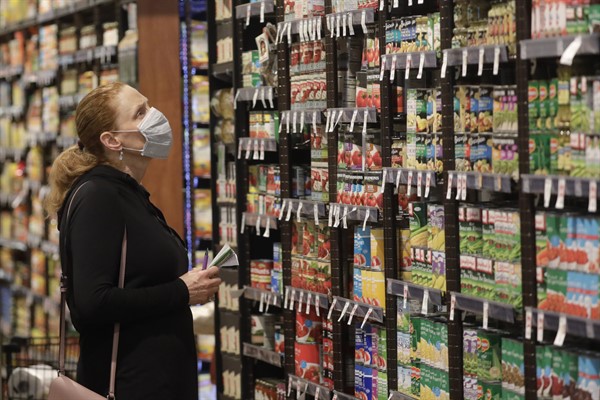The dramatic rise of fuel prices worldwide, triggered by Russia’s invasion of Ukraine, has set alarm bells ringing. With millions of people struggling to afford “record-high” prices of gasoline and diesel, many governments are now looking into introducing subsidies or tax discounts to alleviate the financial burden placed on their citizens.
These initiatives are much needed. They could offer valuable relief to the poor, who have been hit hardest by the price hikes, and could prevent anger over cost-of-living increases from congealing into domestic political crises.
However, they also showcase how short-sighted and reactive most governments of today are, considering policies like subsidies and higher taxes only as a response to global humanitarian and political emergencies. What about slow-burning crises, like the planetary emergency? What will it take for governments to finally incentivize collective action toward the goal of net-zero emissions?

